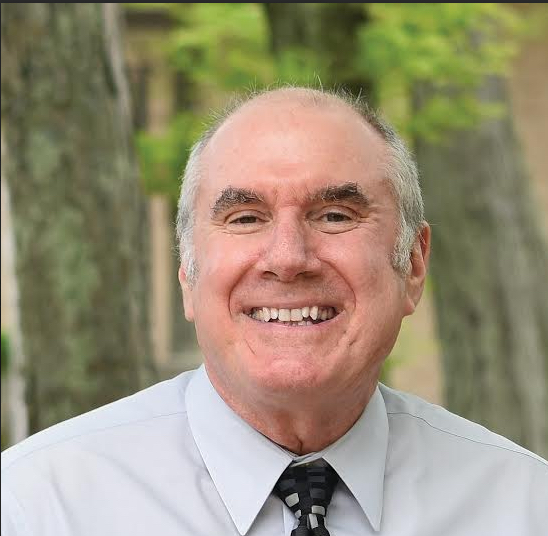A president with a vision
Interview with Kingsborough President Farley Herzek

Kingsborough Community College President Farley Herzek. Photos by Sean Thill
Private Citizen Farley Herzek pushed into the No. 42 bus filled with Kingsborough Community College students. “Hi. Do you go to Kingsborough? And where do you live? Manhattan? Why travel so far?”
He continued to ask these questions. The students lived in Queens, the Bronx, Rockaways and Canarsie. They chose Kingsborough because they liked the campus, they learned from their professors, they knew it was a good college.
